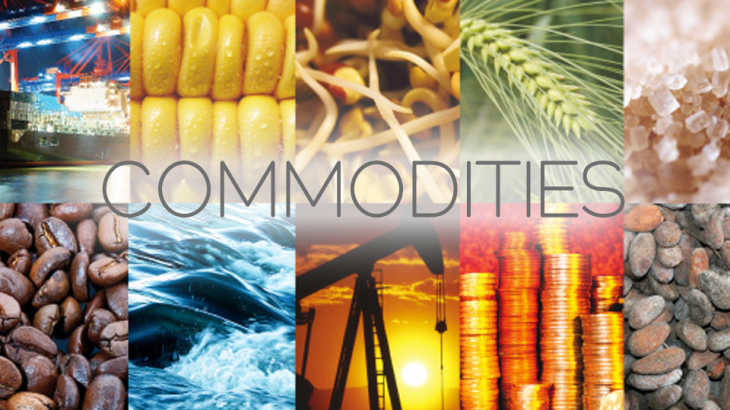The Central Bank of Nigeria (CBN) disbursed $2.13 billion for food imports in 2023.
This disclosure raises concerns about the nation’s ability to achieve self-sufficiency in food production.
Despite being touted as the “food basket of Africa,” Nigeria continues to rely heavily on imported food commodities.
The CBN’s quarterly statistics revealed a consistent demand for foreign currencies for food imports throughout the year.
The significant forex release for food imports stands in stark contrast to efforts by the Nigerian government to boost local agricultural production and reduce dependence on imports.
Factors such as inadequate infrastructure, insecurity, and climate change have hindered progress in the agricultural sector, leaving the nation vulnerable to fluctuations in global food prices.
A breakdown of the disbursements shows varying amounts allocated each month, with notable spikes observed in March and November.
Despite initiatives aimed at promoting local production, including the ban on food imports by the Federal Government, the nation’s appetite for foreign food products remains unabated.
The rise in food prices has also been a cause for concern, with the average price of imported food commodities reaching a 34% increase between April 2023 and April 2024.
This surge in prices has contributed to food inflation in Nigeria and across sub-Saharan Africa, highlighting the region’s vulnerability to global market dynamics.
Experts warn that Nigeria’s heavy reliance on food imports poses significant risks to its economy and food security.
Despite efforts to promote local production, challenges such as insecurity and inadequate infrastructure continue to impede progress in the agricultural sector.
Commenting on the issue, Kabir Ibrahim, the National President of the All Farmers Association of Nigeria, acknowledged that Nigeria has made strides in reducing its dependence on certain food items but expressed concern over the increasing trend in food imports.
He highlighted the challenges faced by farmers, including insecurity and flooding, which have affected food production and contributed to the rising import bill.
Yusuf Muda, the Managing Director of the Centre for the Promotion of Private Enterprise, emphasized the need for accurate data to assess Nigeria’s food import dependency accurately.
He called for a comprehensive analysis of the types of food imported and their contribution to the nation’s food consumption.
As Nigeria grapples with the challenges of food security and economic stability, addressing the root causes of its reliance on food imports remains a critical priority.
Efforts to strengthen the agricultural sector, improve infrastructure, and mitigate climate change impacts are essential for achieving long-term food security and economic resilience.


 Naira4 weeks ago
Naira4 weeks ago
 Naira4 weeks ago
Naira4 weeks ago
 Travel4 weeks ago
Travel4 weeks ago
 Naira3 weeks ago
Naira3 weeks ago
 Jobs4 weeks ago
Jobs4 weeks ago
 Naira4 weeks ago
Naira4 weeks ago
 Investment4 weeks ago
Investment4 weeks ago
 Travel4 weeks ago
Travel4 weeks ago























